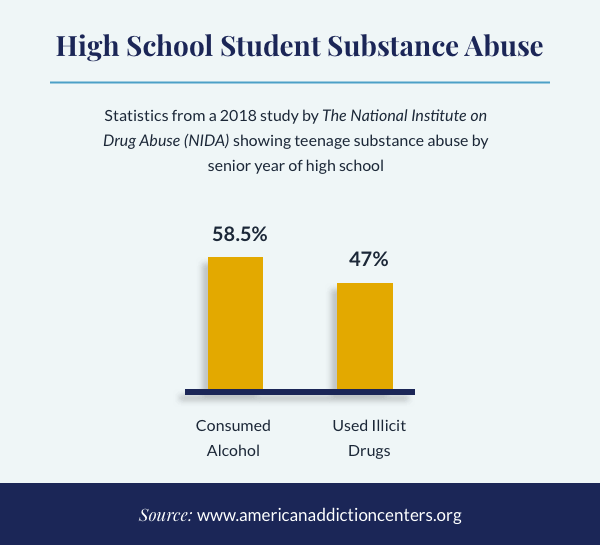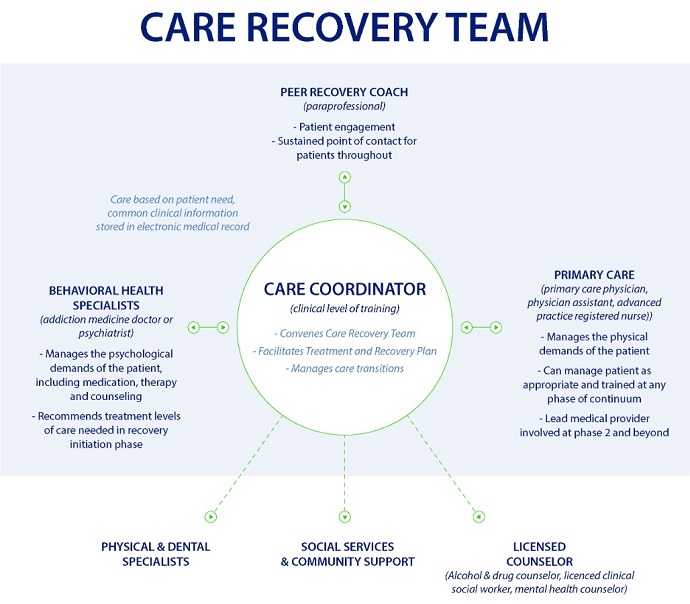Table of ContentsTop Guidelines Of What Is Alcohol Addiction? - Pinnacle Treatment CentersEverything about Alcoholism: Causes And TreatmentWhat Does Alcohol Addiction - Reachout Australia Do?More About National Helpline - SamhsaThe Basic Principles Of Alcohol - National Institute On Drug Abuse
Even a single night out drinking can have serious cardiovascular ramifications-- impacting the heart rate, resulting in disruptions in heart rhythm, elevating high blood pressure and increasing the threat of suffering a stroke. The long-term impacts of alcohol on the heart aren't great, either. Many chronic alcoholics develop a condition called alcoholic cardiomyopathy-- in layperson's terms, a big floppy heart that doesn't do its job of pumping blood efficiently through the body.
Heavy alcohol use, even if its just the occasional binge, can lead to an episode of pancreatitis, which is a dangerous inflammatory process in the pancreas that can lead to the spilling of pancreatic enzymes into the abdominal cavity and a subsequent phenomenon referred to as 'auto-digestion'. Those experiencing pancreatitis usually experience agonizing discomfort, and frequently require emergent medical care.
Persistent myalgia or muscle aches. Persistent gastrointestinal disruptions causing frequent nausea, vomiting and stomach pain. Vertigo and syncope-- i.e., dizziness and fainting. Persistent tremors and long-term loss of great motor coordination. After extended durations of time with heavy use, personality changes might manifest. You may see: Increased propensity toward hostility.

Unprompted mood swings. Gradually, tolerance to alcohol develops, whereupon the user will require a growing number of alcohol to attain desired outcomes. As the drinker attempts to compensate for tolerance, the amount of alcohol taken in may progressively increase. The drinker might not even realize the upward trend but, in doing so, greatly increases their threat of alcohol poisoning and death.
10 Easy Facts About Alcohol Addiction - Reachout Australia Described
The list below phases might be recognized:, or periodic social drinking that might progress to a perceived need to consume to relax or handle difficult situations. This, in turn, might result in an increased frequency and amount of alcohol consumed. Tolerance to alcohol currently begins to establish in this early phase.
User might experience some problem remembering what occurred when drinking, and some sensations of guilt around drinking. or "loss of control" over drinking. Full signs of alcohol addiction appear, consisting of denial, interruptions in work or domesticity, stopped working efforts to get aid, and durations of both avoid drinking and extreme drinking.

Both physical and mental health may follow a sharp decline over the course of the persistent phase. Additionally, users may experience a significant disturbance, if not a total disintegration of social interaction and daily routine-- frequently vanishing from household and friends and struggling to preserve tasks, and so on. Acute https://www.scribd.com/document/473891974/97795-h1-style-clear-both-id-content-section-0-Excitement-About-What-Is-An-Alcoholic-How-To-Treat-Alcoholism-h1 alcohol withdrawal can result in the development of serious, if not lethal health issues.
Nausea and throwing up. Generalized muscular trembling. Tachycardia. Hypertension. Anxiety. Agitation. Seizures. Some with a history of heavy drinking may experience the fast development of a condition referred to as delirium tremens - or the DTs - as they withdraw from the results of alcohol. This is an ominous turn of events, recognized by unmanageable shaking, high fever, heart arrhythmia, profound confusion and hallucinations.
The Buzz on What Is Alcohol Addiction? - Alcohol Addiction Definition ...
Symptoms generally start as quickly as eight hours after the last beverage, and those suffering from extreme alcohol dependence should prepare ahead of time to detox under expert medical supervision. Guidance and pharmaceutical intervention (if needed) might last for a couple of days, as the severe symptoms of intense alcohol withdrawal can potentially appear somewhat later on sometimes (24-72 hours post-abstinence).
If a user is dealing with signs of depression, stress and anxiety, psychosis, or other substance abuse, treatment should focus on the precursors to utilize and consider both the psychological health/wellness and physical problems listed above. In addition to the aforementioned physical dangers, users who pick to detox from alcohol may also face a variety of mental health advancements:, users going through detox can experience hallucinations, deceptions, anxiety, and anxiety.
All told, the symptoms from withdrawal can, but generally a user will start to feel some relief from physical symptoms in about 72 hours. The length of withdrawal is extremely based on the length of time a user was heavily drinking, and everyone metabolizes alcohol differently. There is no other way to precisely forecast how each individual will withdrawal from alcohol, additional underscoring the need for medical supervision on a case-by-case basis.
There are multiple ways to get assist from alcohol reliance, including treatment, medication, and behavioral intervention. Typically, the user is one of the last to recognize or recognize his or her use is an issue, typically believing "I have this under control" (how to get rid of alcohol addiction fallout 76). Once an alcohol usage condition has actually established, nevertheless, it can be exceptionally to give up without aid.
Not known Details About Alcohol Use Disorder - National Institute On Alcohol Abuse ...
Alcohol Is the Many Typically Dealt With Substance Ethanol (alcohol) is abused at a greater rate than any other drug among treatment program participants, as reported by a 2017 study from Recovery Brands. Nearly 70% of people who took the survey went to treatment to get assist with a drinking problem, and an unexpected 52.87% of those who responded reported looking for treatment for a problem with alcohol more than any other substance.
Thankfully, alcohol abuse treatment is just a call away. Speak with our healing assistance experts at Who Responses? to begin pursuing your recovery. Medications that may assist with the treatment of alcohol abuse and associated symptoms consist of: This drug obstructs the body's ability to metabolize alcohol and causes an intensely unpleasant response when both are taken in performance.
: Lowers the reward that comes from drinking by reversing the activation of opiate receptors by endorphins. Assists to restore the balance of glutamate-GABA signaling in the brain. This medication assists to decrease withdrawal symptoms such as sleeping disorders, stress and anxiety, and uneasyness. Any medication use needs the guidance of a physician and a prescription, and it should be kept in mind that the most success is found when medications are used in combination with treatment.
Some courses of domestic treatment might actually begin in a health center setting. Users go to a program however are allowed to reside outside of the treatment facility, typically participating in everyday to begin and then following a tiered schedule (five days a week, three days a week, one day a week). Users attend meetings as often as required, through groups such as Twelve step programs (aa.org) Other non-12 action support system or recovery programs are available too, consisting of SMART Recovery.
Things about National Helpline - Samhsa
A lot of recovering alcoholics find attending support system a long-lasting dedication in support of their sobriety. Al-Anon (alanon.org), a support system for families of addicts, offerings meetings in which liked ones can find help in their journey loving an addict. Relapse will be a temptation for many alcohol and drug abusers.
The ability to remain sober regardless of regression temptations is closely associated to coping abilities learned during treatment. Ongoing treatment provides the finest recovery course for previous alcohol abusers, specifically when integrated with assistance groups, as finding the assistance from others who understand the difficulties and benefits related to healing is important to continued abstinence for numerous.
Retrieved from http://www.health.harvard.edu/addiction/alcohol-abuse Mixing alcohol with medications. Obtained from http://pubs.niaaa.nih.gov/publications/Medicine/medicine.htm Alcohol withdrawal. (Modified 8 February, 2015). Obtained from https://www.nlm.nih.gov/medlineplus/ency/article/000764.htm Myrick, H. M.D., and Anton, R. F., M.D. (1998 ). Treatment of Alcohol Withdrawal. Alcohol Health & Research World, Vol. 22, (Concern 1). Recovered from http://pubs.niaaa.nih.gov/publications/arh22-1/38-43.pdf National Institute on Alcoholic Abuse and Alcohol Addiction.